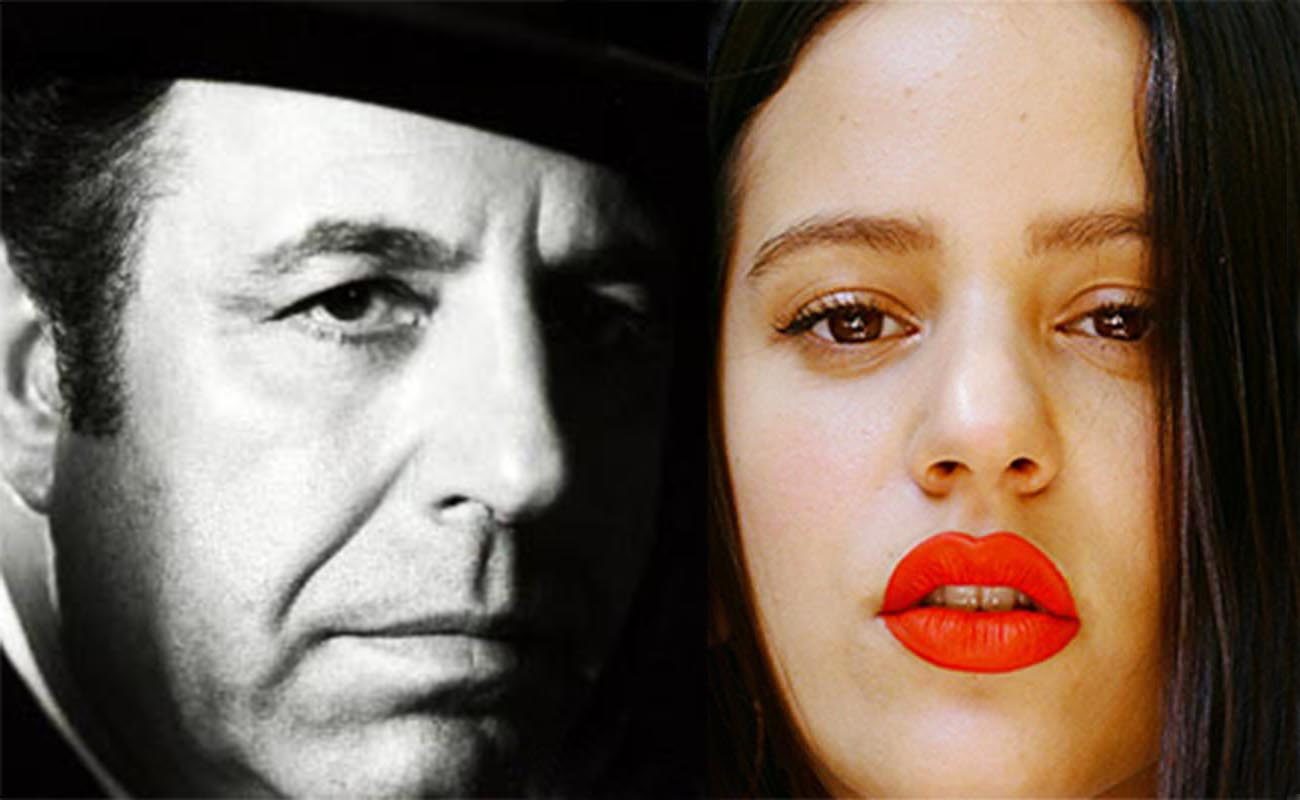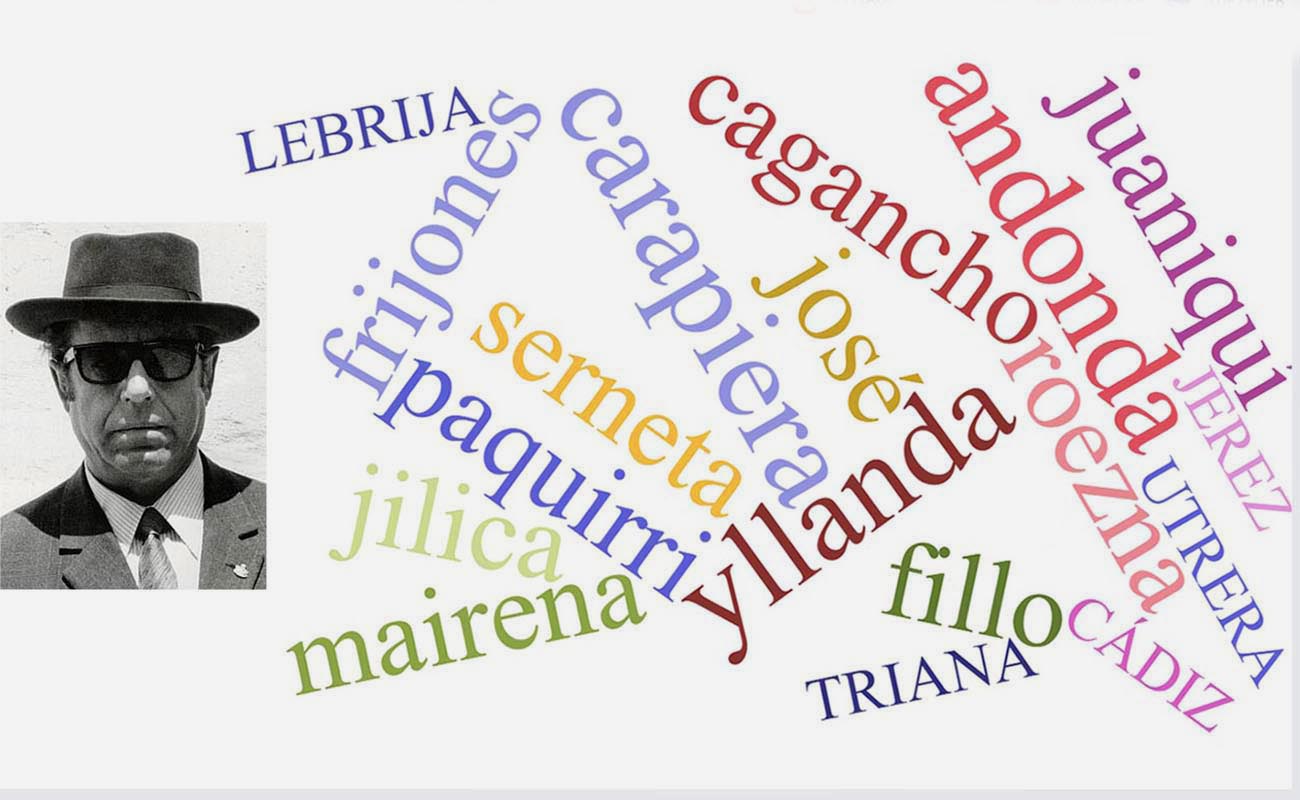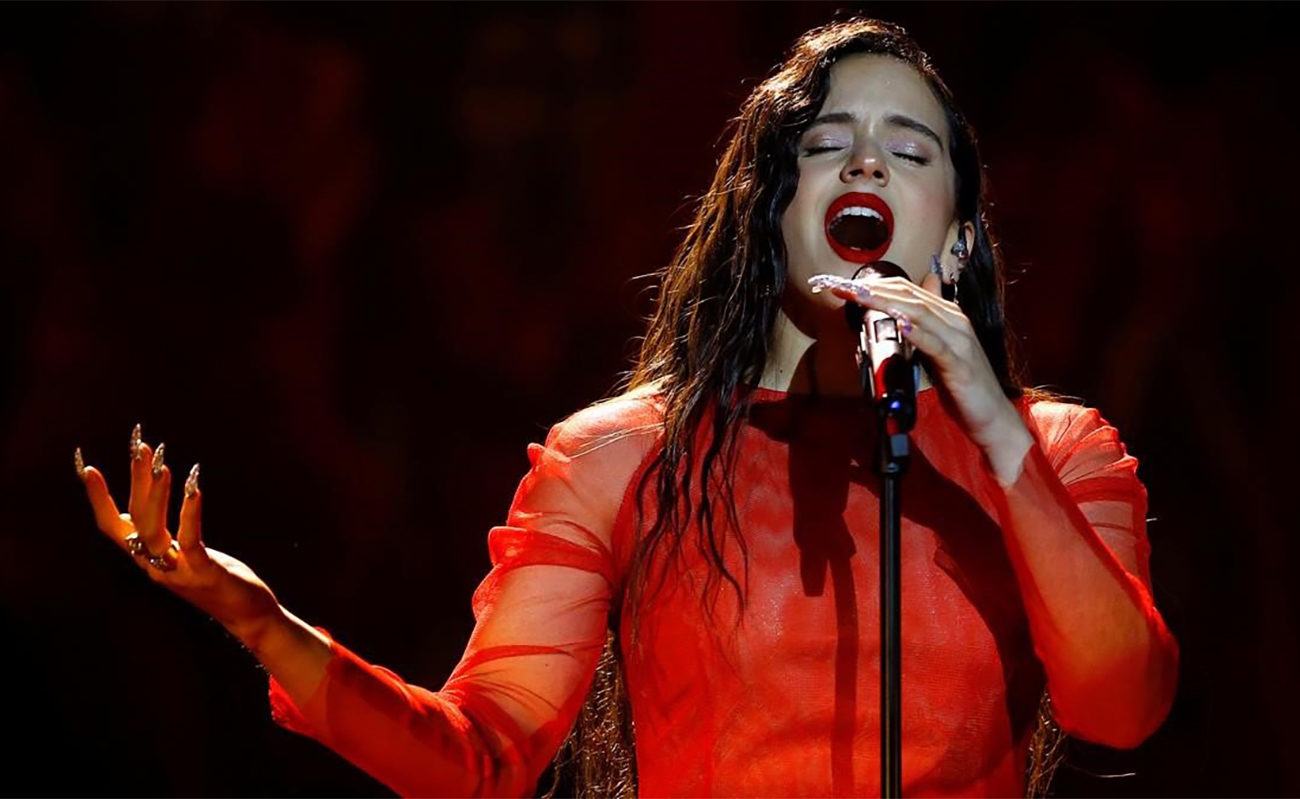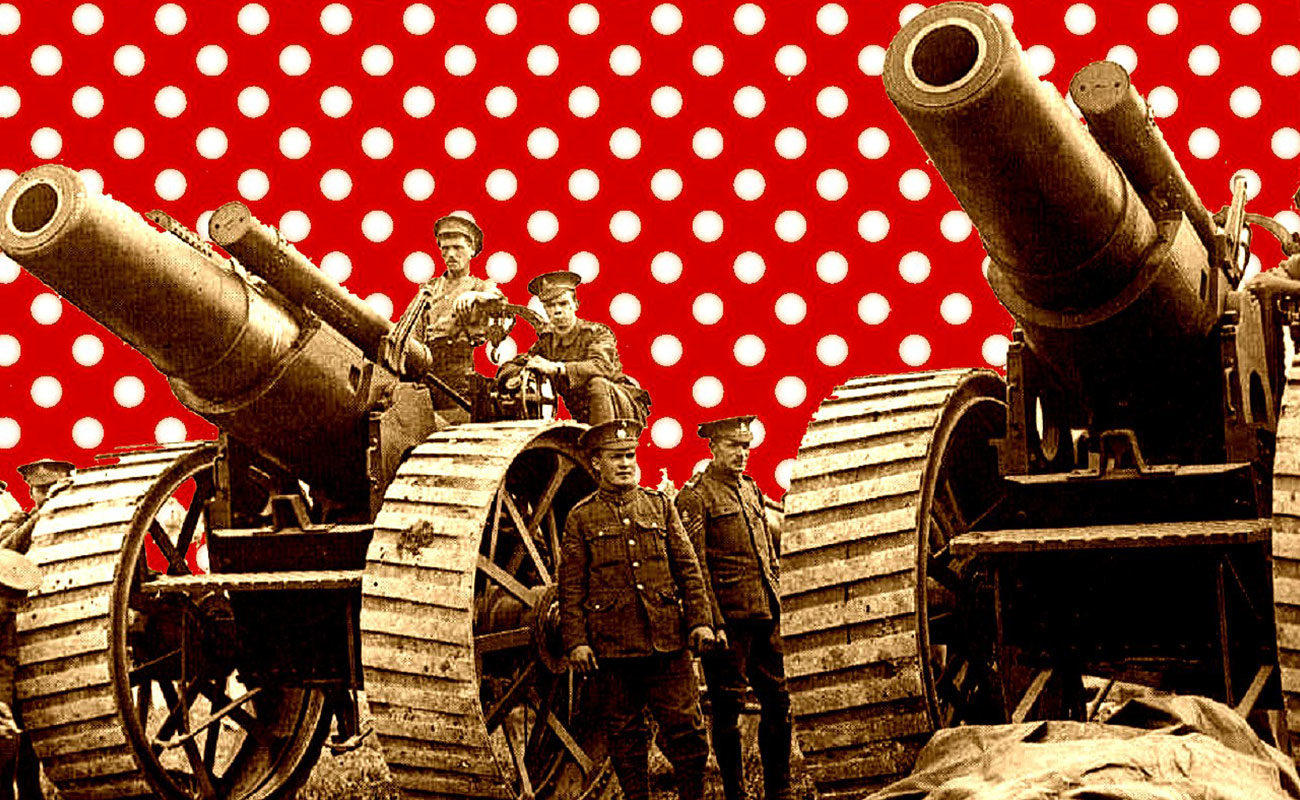The tug-of-war continues
However, I’m still licking my wounds from two short sentences a reviewer wrote in praise of one performance. «Finally, the eclipse is passing. Finally it is dawn after a long dark night».

You people reading this right now…you all love flamenco, every one of you. So it’s sad to communicate hurtful words that will make you want to sucker-punch the author of same.
I read an article about the singer Rosalía, pointing out her extraordinary ability to attract audiences, such as recently at the Primavera Sound event, and Córdoba’s Noche Blanca a few days ago that stirred so much controversy. But that’s fine, artists need to perform, and people need to go out and enjoy themselves.
However, I’m still licking my wounds from two short sentences an admirer of the Catalonian singer wrote in praise of one performance. Having (apparently) decided that Rosalía is a flamenco singer (even when great and specialized minds are out back slugging it out on that), the fan makes the following observation about what he (apparently) considers to be the looming and inevitable demise of classic flamenco: «Finally, the eclipse is passing. Finally it is dawn after a long dark night».
Jeesh, sounds like the opening words of a Terminator movie. So doing the math, I’ve been in flamenco since 1960, that’s 59 years which we’ll call 60. Is that the totality of the “long dark night”? And if so, does that mean all the passion and sacrifice of six decades, the sweat and tears, the thousands of miles traveled, the sleep deprivation, the minuscule salaries that sometimes weren’t even forthcoming… was it all just a bad dream in that “long dark night”?
Could’ve fooled me. There we were, so many well-meaning artists in that darkness, dispensing what we humbly or arrogantly thought was authentic emotion, night after night, not always getting it right, year after year, and it was all for naught, mere psychic indigestion destined eventually to pass with a bit of bicarbonate in a glass of water. Or a song of Rosalía’s.
And while we’re debunking, how on earth did poor Antonio Mairena get such bad press? He had his ideas just as any other person might (and flamenco people tend to be highly opinionated!). Perhaps it was what historians would call a “bloodless coup”. Mairena came into town, glanced sideways at flamenco fans who fell to their knees, heads bowed in capitulation. Hmm…no…that doesn’t sound plausible. I think we need to accept the likelihood that the time was right for his singing and overall philosophy to be embraced. That perhaps the fandango era had run its course, and followers of flamenco were ready to shift gears.
Mairena certainly had the support of Fosforito who, though younger, had greater prestige and was, at the time, higher on the name-recognition scale. As a result of the Córdoba contest of 1956, Antonio Fernández Díaz was wildly popular when I was young, and was a great admirer of Antonio Mairena whose reputation he helped promote with the famous and controversial Llave de Oro del Cante, the Golden Key of Flamenco Singing in 1962. In the words of Fosforito: “people were Fosforeros before there were Maireneros”.
Mairena takes a lot of flak for his strongly gypsy slant. But Lorca was probably just as much to blame with his romantic notions of knife-fights by the light of the moon and wild-eyed passion that had an irrational attraction which is stronger today than ever, just ask any non-Spaniard. The world over, Granada, Lorca’s birthplace, is more closely associated with gypsies and flamenco than any place on earth, even as the genre struggles to lose those stereotypes.




